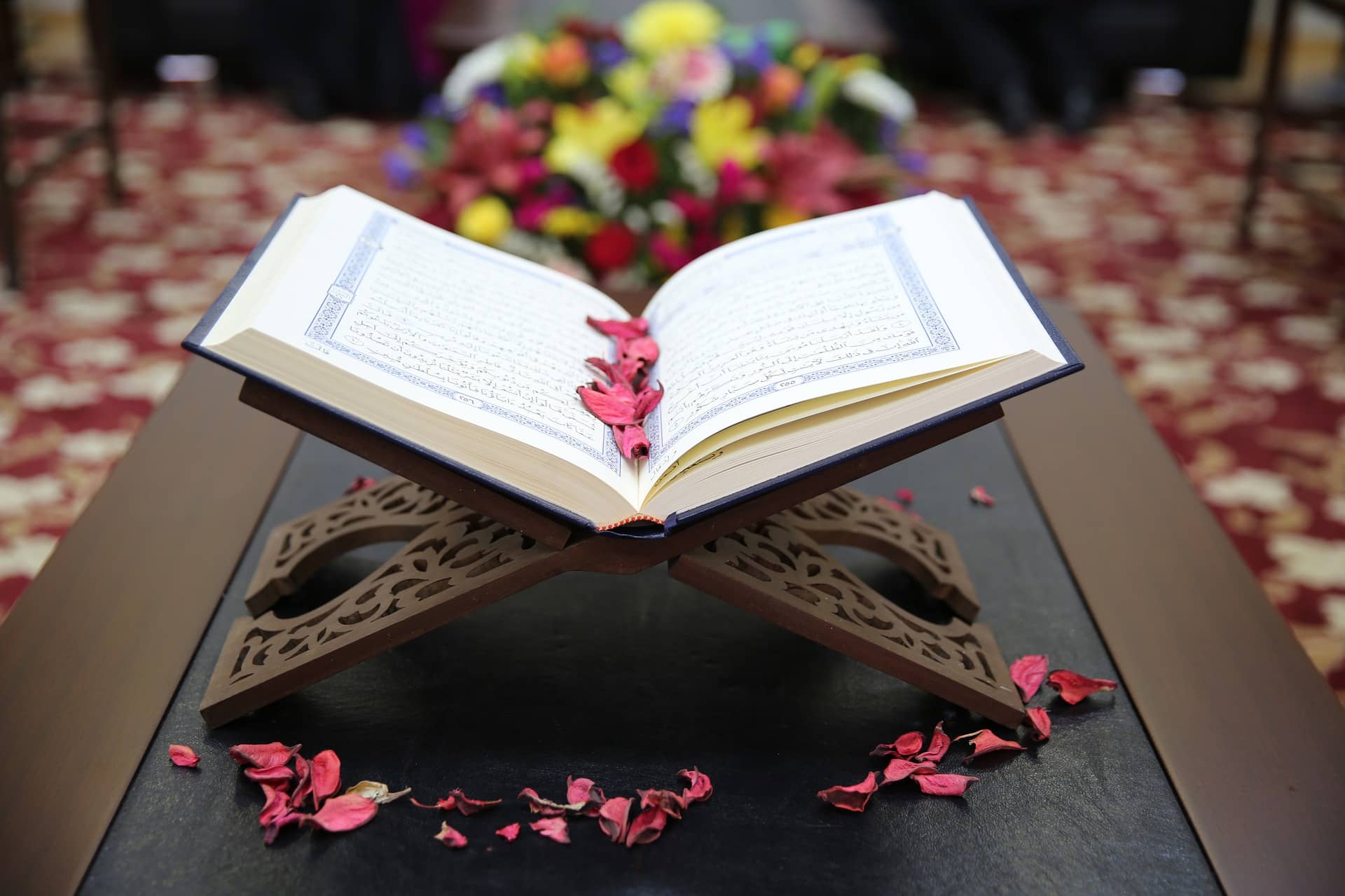The Catholic peace group Pax Christi USA has decided to fast, but they’re not waiting for Lent. After Pope Benedict XVI quoted a Byzantine emperor’s statement that Islam is "evil and inhuman," the group announced that thousands of its members are fasting ... for the Islamic holy month of Ramadan.
They’re not alone. For years--and especially after 9/11--non-Muslims have fasted to express political solidarity with Muslims, to increase awareness of global hunger, as a spiritual discipline or to strengthen an interfaith friendship.
More than 250 colleges are expected to participate this year in a Fast-A-Thon, a one-day event for non-Muslim and Muslim students to draw attention to world hunger and raise money for local food banks. The event began at the University of Tennessee in Knoxville immediately after 9/11 and has spread around the nation, with some schools seeing massive participation, according to co-founder Tarek El-Messidi. For instance, more than 1,800 students participated at Virginia Commonwealth University in Richmond last year.
Some of the fasts have a clear political message. Members of a local anti-war group in Ann Arbor, Michigan have organized a "solidarity fast"--three-day shifts or the entire 30 days--to demonstrate opposition to the wars in Iraq and Afghanistan, plus the recent fighting in Lebanon.
But dozens of American service members in Al-Anbar province in Iraq are fasting, too, according to Sgt. Jeremy Pitcher, a spokesman for coalition forces in Iraq. He says the fast is "a gesture of good will, a gesture of respect for the nation of Iraq, for the culture of Iraq."
For the 30 days of Ramadan (now in its second week), the world's estimated 1.3 billion Muslims abstain from food and drink from sunup to sundown and embark on a spiritual journey to cleanse themselves of bad habits, come together as a community, and reconnect with God. Fasting for Ramadan is one of the five required pillars of Islam, and it is meant to help Muslims appreciate the blessings of God by going without earthly pleasures.
Michael Hollcraft, a consultant and writer in New Carlisle, Indiana, is a Roman Catholic who was discouraged after an email dialogue with friends who suggested Muslims could not be “good Americans” because their religious tenets forbid it. He found himself warmly welcomed when he visited the imam of a local mosque to talk about his hopes to "build bridges" by fasting throughout Ramadan.
On October 2, at the Church of St. Paul and St. Andrew in New York City, Muslims and Jews will break the Ramadan and Yom Kippur fasts together. For the second consecutive year, the Jewish and Muslim communities are breaking their fasts together to mark the fact that Yom Kippur, the Jewish Day of Atonement, falls during Ramadan. After 2007, because of the two faiths' different calendar systems, the holidays will not overlap again for 30 years.
Not every non-Muslim who fasts for Ramadan does so for religious or political reasons. This year marks the 40th Ramadan fast for Lukman Clark, a Unitarian Universalist from Long Beach, California. Clark, whose first Ramadan fast was at Navy boot camp as he prepared to ship out to Vietnam in 1967, feels that fasting is about personal discipline and self-control, not religious ritual. So why synch his secular annual fast to the Islamic holy month? Clark says that knowing so many others are fasting at the same time makes him feel "general spiritual support."
Fasting during Ramadan may be gathering steam among non-Muslims, but are American Muslims happy that their tradition is being adopted by those who don't share their religious commitments? Imam Tahir Anwar of the South Bay Islamic Association near San Francisco, with whom a number of city officials have fasted since 2000, welcomes the trend, calling it "one of the most powerful gestures of friendship [non-Muslims] can make to us."

